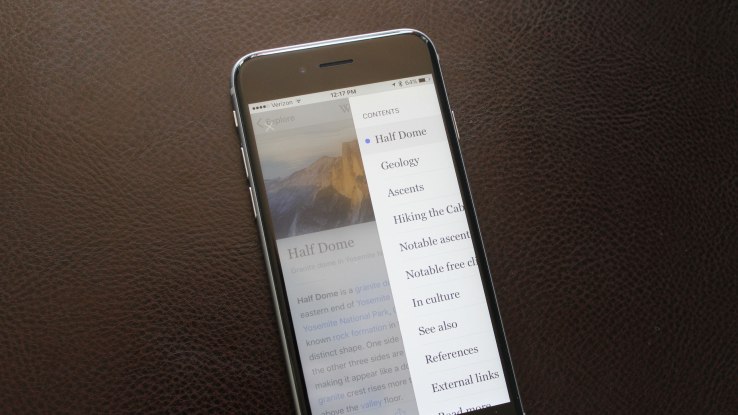Wikipedia’s free-to-access program for developing countries is being sunset

A half-dozen years after launching Wikipedia Zero, The Wikimedia Foundation is sunsetting the program. Announced in 2012, it was the result of partnerships with mobile carriers, designed to waive the cost of accessing the free encyclopedia in developing countries, where data fees presented a barrier to accessing the site’s seemingly bottomless well of information.
The Foundation says it provided free access to more than 800 million people, through 97 carrier partnerships in 72 countries over the course of the program’s life. Still, it cites “low awareness of Wikipedia outside of North America and Europe” as a key factor in its decision to discontinue the program. Changes in mobile data costs are also a factor here — Wikimedia says interest in and adoption of the Zero program have both dropped sharply since 2016.
As such, no additional partnerships will be formed this year, and those still in existence will be allowed to expire. Meantime, the organization says it’s exploring more ways to service the developing world, including campaigns designed to raise awareness of Wikipedia’s missions in various countries. In a blog post, the Foundation mentions on-going partnerships in Iraq and Nigeria.
“These successes have given us several ideas for where we may take our partnership work next,” it writes, “and over the coming year, we will explore other ways we can leverage the findings from our research and the Wikipedia Zero program to direct future work with partners.”